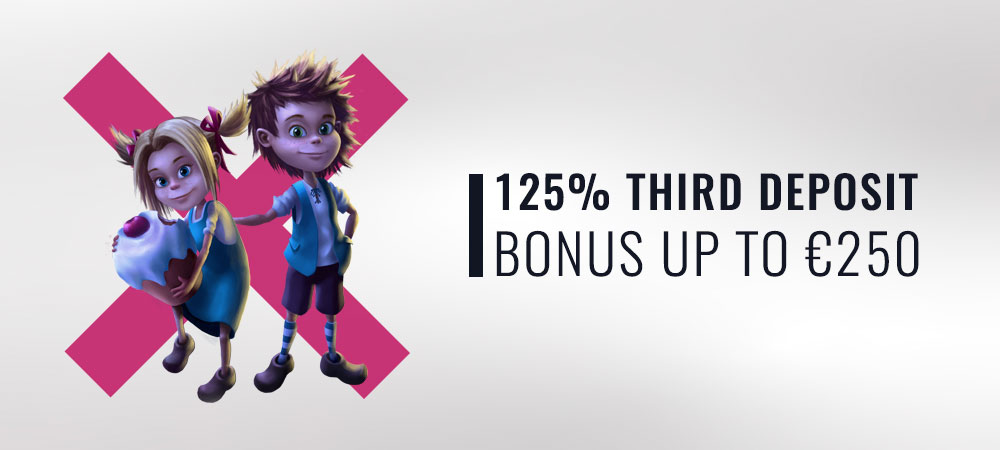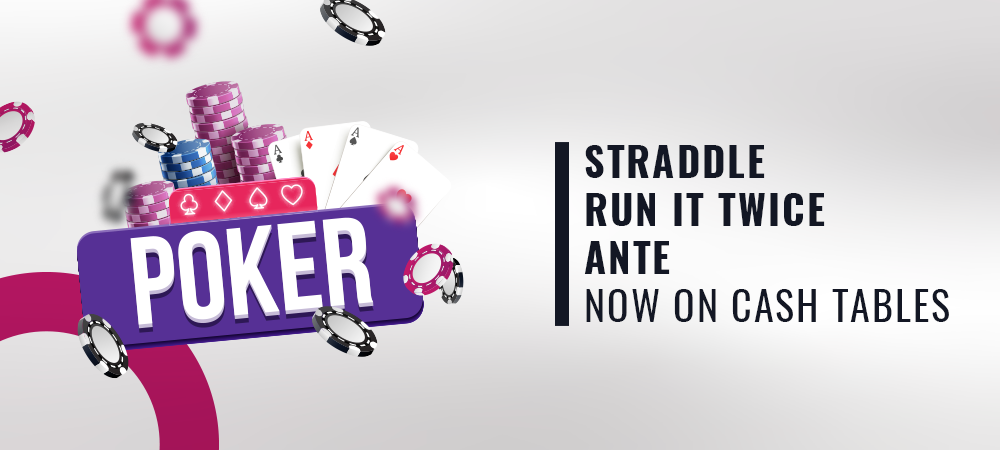
Responsible Gaming
Vbet is committed to endorsing responsible wagering among its customers as well as promoting the awareness of problem gambling and improving prevention, intervention and treatment.
Play responsibly
Vbet’s Responsible Gambling Policy sets out its commitment to minimizing the negative effects of problem gambling and to promote responsible gambling practices.
Vbet provides online customers with a wide range of games and entertainment. We also take responsibility for our product line-up. The aim of Vbet is to provide the world’s safest and most innovative gaming platform for adults. The products and services allow each user to play within his/her financial means and receive the highest quality service. Integrity, fairness and reliability are the guiding principles for Vbet. It is therefore clear that Vbet should do its best to assist those customers that show signs of suffering from problem gambling, particularly in those cases of immoderate playing. At the same time, it is important to respect the rights of those who take part in games of chance to a reasonable extent and treat it as a form of entertainment.
Responsible Gaming at Vbet is based on three fundamental principles: security of the player, security of the game and protection against problem gambling. Together with research institutes, associations and therapy institutions, Vbet works on the creation of a responsible, secure and reliable framework for online gambling.
Player security
Vbet takes responsibility for the security of its players. Protection of the players is based on preventing under age players from participating in games and the protection of privacy, which involves responsible processing of personal data and payments. Fairness and the random nature of the products offered are monitored closely by independent organisations. Marketing communications are also created with player protection and fairness in mind.
Protection against problem gambling: research – prevention – intervention
The majority of gamblers who place sports bets, casino bets and other gaming offers play in moderation for entertainment. Certain habits and behaviour patterns (such as shopping, playing sports, eating or consumption of alcohol) that are considered to be normal and are not any cause for concern, can develop into addiction for some people and cause them problems. In the same way, betting on sports and gambling in general can lead to problems for a small percentage of customers.
Clients showing signs of problem gambling may be prohibited from playing certain products or even altogether. Furthermore, clients displaying signs of problem gambling are provided with contacts of organisations where they can receive professional advice and support.
Self-responsibility is the most sustainable form of prevention
The basic principle promoted by Vbet is to create a safe and responsible online environment where customers can enjoy their betting experience. Whilst Vbet can provide tools to assist customers to control their gambling, self-responsibility of the customer plays a large part in using the tools we offer and is the most effective form of protection from problem gambling. Vbet sees its responsibility in assisting the customers by providing transparent products, tools to control gambling and full information on where customers experiencing problems with their gambling can find professional advice and support.
Non-personally identifiable information and traffic analysis
Vbet strives to make our website as user friendly as possible and easy to find on the internet. Vbet collects data on how you use the site, which does not identify you personally. When you interact with the services, our servers keep an activity log unique to you that collects certain administrative and traffic information including: source IP address, time of access, date of access, web page(s) visited, language use, software crash reports and type of browser used. This information is essential for the provision and quality of our services.
Protection of minors
Vbet does not allow minors (persons under the age of 18 or whatever the minimum age to gamble is within the customers jurisdiction of residence) to participate in games and place bets. For this reason, confirmation of age and date of birth are mandatory requirements during registration. Vbet takes the issue of minors taking part in games and betting very seriously. In order to offer the best possible protection of minors, Vbet also relies on the support of their parents and caregivers. Vbet advises its customers to keep their data for account access in a safe place (user ID and password) and to not disclose this data to anyone.
Furthermore, Vbet would recommend that customers install filter software. This software will allow customers to restrict the access to Internet resources inappropriate for children and teenagers.
Responsibility towards problems
Vbet offers a variety of games and bets which are forms of entertainment for the majority of customers. At the same time, the company takes responsibility for its customers by providing support and tools for maintenance of a secure and entertaining environment, taking into account the associated risks.
Clients who have difficulty in assessing risks, recognizing their own limits or those who suffer from problem gambling are potentially not able to enjoy the product line-up responsibly and do not perceive it as a form of entertainment. Vbet may take responsibility for these users by blocking their access to certain products for their own protection.
Be informed about the main issues!
Most people play for pleasure and enjoy moderate participation in games within their financial capacity. However, for a small percentage of people gambling is not a form of entertainment and this is a challenge that must be considered seriously.
What is the problematic gambling behaviour?
Problematic gambling behaviour is considered to be that which interferes with mode of life, work, financial position or health of a person or his family. Prolonged participation in gambling is counterproductive to such person as it can lead to negative consequences.
In 1980 pathological game dependence has been officially recognized and enlisted in the list of psychological diseases of international classification system DSM-IV and ICD-10. It is defined as long, repeating and frequently amplifying inclination for game, despite of existing negative personal and social circumstances, such as a debt, rupture of family relations and delay of professional growth.
What type of gambling behaviours can be considered problematic?
Whilst the diagnoses of problem gambling can only be qualified by experts, the material presented on this web-page will help customers estimate and define their own gambling behaviour.
Addictions that are not associated with any substance are very difficult to define the line between pleasure and problem. Nevertheless, there are some diagnostic signals that may indicate existing issues. Customers that experience at least five of the following symptoms are more likely to be suffering from problem gambling:
- The player is fully immersed in gambling and appears to think of nothing else,
- Bet stakes increase, particularly if on a losing streak,
- Attempts to quit or control gambling appear to be unsuccessful,
- Shows signs of anxiety, irritation and disappointment when limiting gambling,
- The player treats gambling as a means of escape from problems or life issues,
- Regularly chases losses,
- Lies about his playing behaviour,
- Commits illegal acts,
- Arguments or strained or broken relationships with family and colleagues,
- Borrows funds to participate in gambling.
Suggestions for responsible gambling
Customers are encouraged to gamble only within their means, not treat gambling as a way to make money or as a distraction from everyday problems. Customers are advised to follow these simple tips:
- Don’t think of gambling as a way to make money. Think of gambling as an entertainment expense,
- Take regular breaks. Set a time limit and when the time is up, quit. The odds are that the more time you spend gambling, the more you will lose,
- Only gamble with money you can afford to lose, not money you have set aside for bills,
- Set a money limit in advance and stick with it, when it’s gone, it’s over,
- Once setting a maximum limit, do not further increase it.
- Never chase your losses, if you set a limit and then try and win some of it back after you reached it, you haven’t set a limit.
- Do not play under the influence of alcohol or drugs.
- Don’t gamble when you are depressed or upset, decision making can be more difficult when you are stressed or emotionally upset.
Self-Exclusion, Time-Outs and Reality Checks
Vbet provides Self-Exclusion, Time Out and Reality Check facilities to assist our customers with managing their gambling. Self-exclusion can be applied for periods at the customers discretion from six (6) months to five (5) years.
If the self-exclusion option is taken it is understood that customers may not access their account until the expiry of the self-exclusion period. The Account cannot be re-opened within the exclusion period. We will do everything we can to prevent a new account from an excluded customer being opened during the period of self-exclusion. During the self-exclusion, Vbet will endeavour to not send any marketing and/or promotional material.
Self-excluded accounts can only be re-opened if by contacting customer support after the self-exclusion period has expired and a 24 hour “cooling off” period is served.
When self-excluding any open-bets will remain and any winnings paid out and any balance in the account will be refunded.
Vbet customers can apply a Reality Check to their account for periods of 10 minutes, 20 minutes, 30 minutes 1 hour, 2 hours, 4 hours, 6 hours and 8 hours. Customers can apply these limits themselves through their account or by contacting customer support.
Should customers wish to permanently close their account due to problem gambling, they should contact customer support as soon as possible. Once this is done customers will not be able to re-open their account under any circumstances.
Vbet customers can apply a Time-out to their account for periods of 24 hours, one week, one month; or two months. Customers can apply these limits themselves through their account or by contacting customer support.








